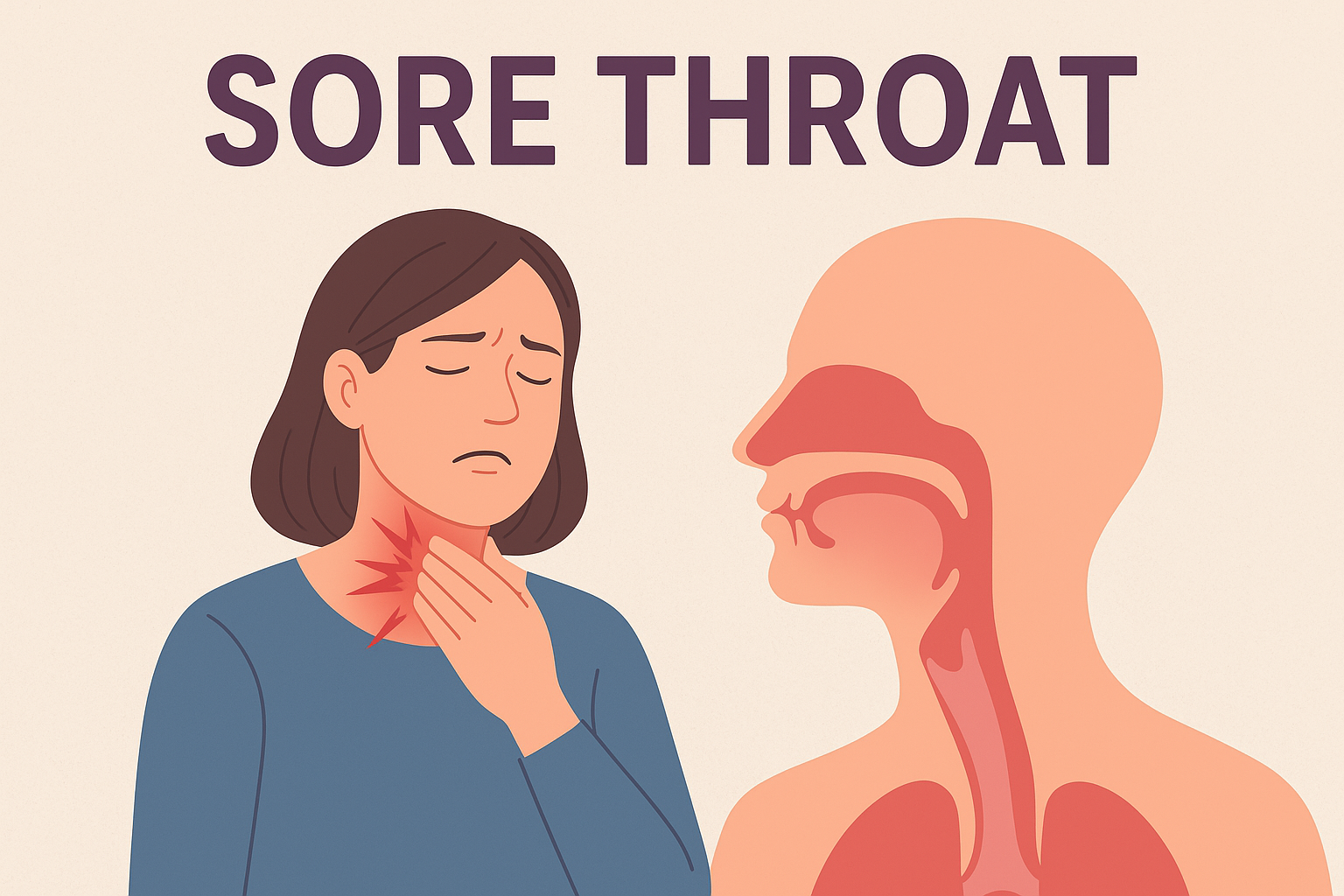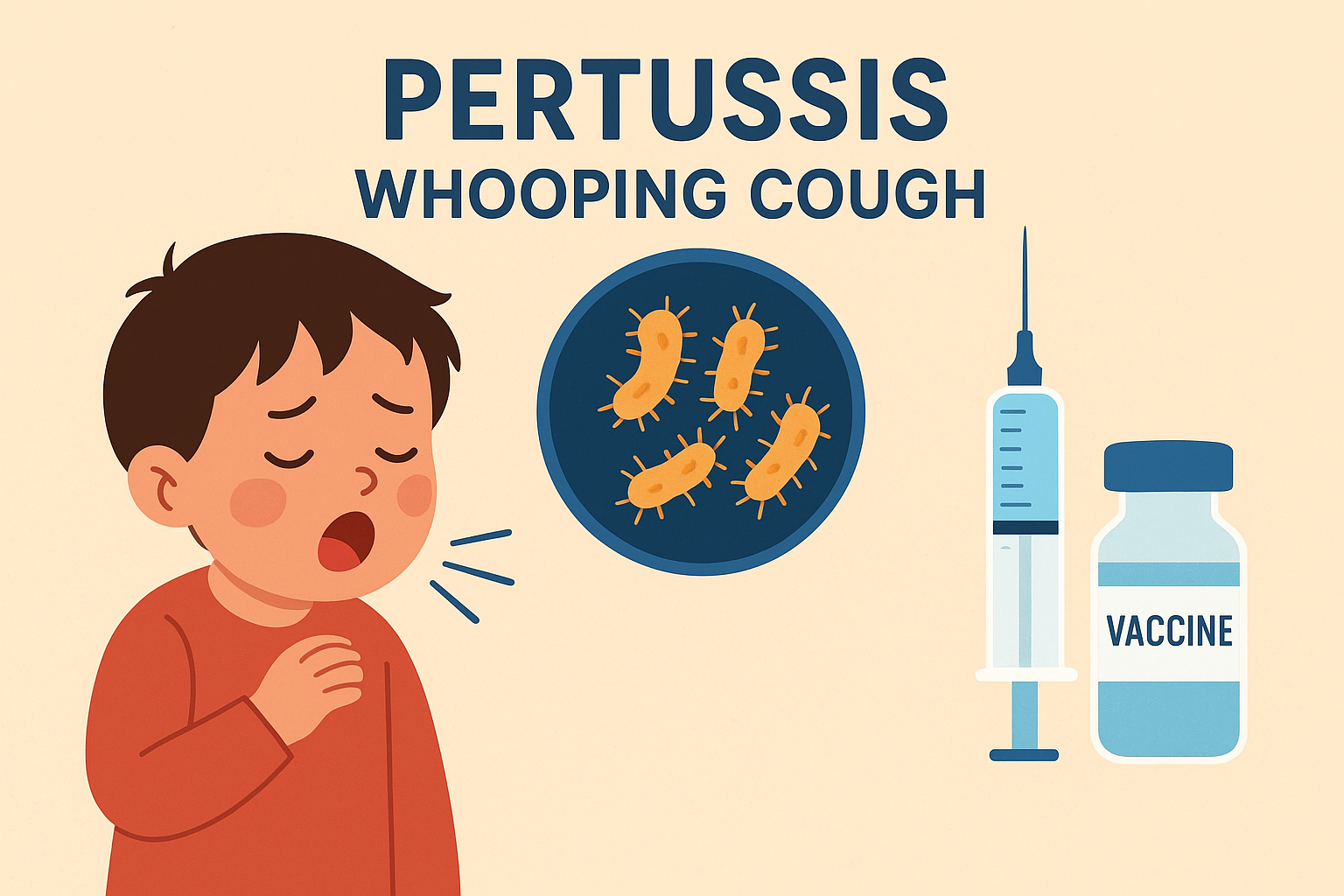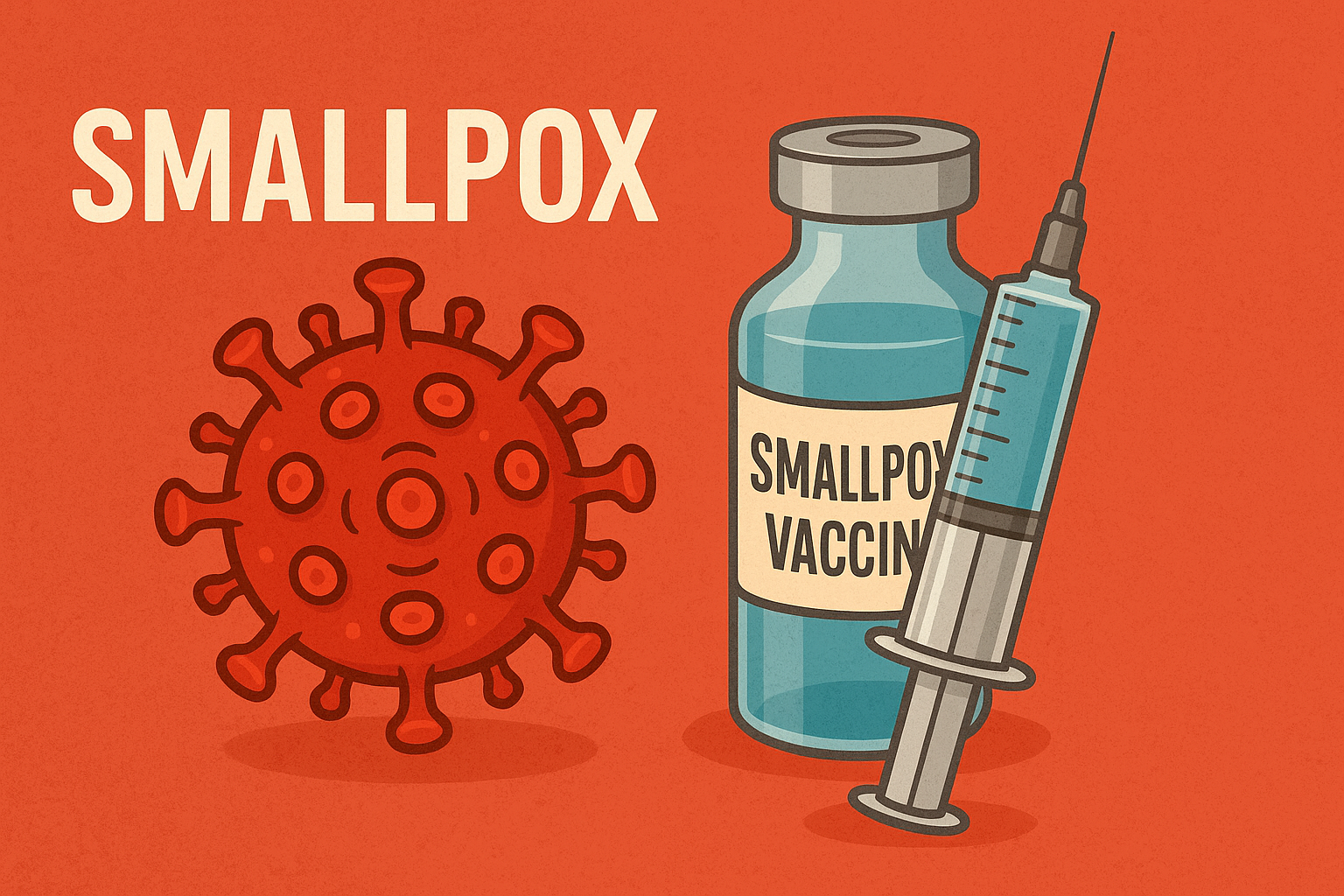In an age where modern medicine continues to make leaps in innovation, it may come as a surprise that measles, a disease once nearly wiped out in many parts of the world, is making a troubling comeback. With headlines reporting outbreaks in communities once considered low-risk, it’s time to take a closer look at why this preventable disease is resurfacing—and what we can do about it.
What Is Measles?
Measles is a highly contagious viral infection that spreads through respiratory droplets when an infected person coughs or sneezes. Just being in the same room with someone who has measles—even hours after they’ve left—can expose you to the virus if you’re not immune.
Common symptoms include:
- High fever
- Cough
- Runny nose
- Red, watery eyes
- A distinctive red rash that usually starts on the face and spreads downward
While many recover without complications, measles can be dangerous, particularly for young children, pregnant women, and people with weakened immune systems.
Why Is Measles Making a Comeback?
Despite the availability of a safe and effective vaccine, measles is seeing a global resurgence. According to health experts, the primary reasons include:
1. Declining Vaccination Rates
One of the biggest contributors is a drop in vaccination coverage, especially among young children. The World Health Organization (WHO) and UNICEF have both noted a decrease in routine immunizations over the past few years, particularly during the COVID-19 pandemic.
2. Vaccine Hesitancy
Misinformation about vaccine safety continues to circulate online, leading some parents to delay or avoid vaccinating their children. False claims linking vaccines to autism and other health issues—despite being thoroughly debunked—still influence decisions in some communities.
3. Access and Equity Issues
In many parts of the world, especially low-income or conflict-affected regions, access to vaccines is limited. Political instability, poverty, and healthcare infrastructure challenges make routine immunizations harder to implement.
The Real Risks of Measles
While some may view measles as a “mild childhood illness,” the reality can be much more severe. Complications from measles can include:
- Pneumonia
- Encephalitis (swelling of the brain)
- Permanent hearing loss
- Blindness
- Death
In fact, measles remains one of the leading causes of vaccine-preventable deaths globally.
How Vaccination Helps
The measles-mumps-rubella (MMR) vaccine is highly effective, providing around 97% protection with two doses. Not only does it protect the individual, but it also contributes to herd immunity, shielding those who cannot be vaccinated for medical reasons.
Vaccination has been proven safe through decades of research and global use. When enough people are immunized, the virus can no longer spread—and outbreaks can be stopped in their tracks.
What You Can Do
- Check your vaccination status: Make sure you and your children are up-to-date with MMR shots.
- Educate others: Share reliable information about vaccines from trusted sources like the CDC, WHO, and your local health departments.
- Support public health efforts: Encourage community vaccination drives and support access to vaccines for all.
Final Thoughts
Measles is not just a distant memory from the past—it’s a real and present threat when vaccination rates decline. But the good news is that we already have the tools to stop it. By understanding the importance of immunization, fighting misinformation, and making informed health decisions, we can protect ourselves and future generations from this preventable disease.





Why is measles still a problem if there’s a safe and effective vaccine available?
One of the biggest contributors is a drop in vaccination coverage, especially among young children. The World Health Organization (WHO) and UNICEF have both noted a decrease in routine immunizations over the past few years, particularly during the COVID-19 pandemic.